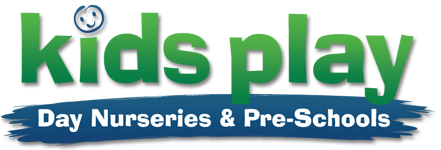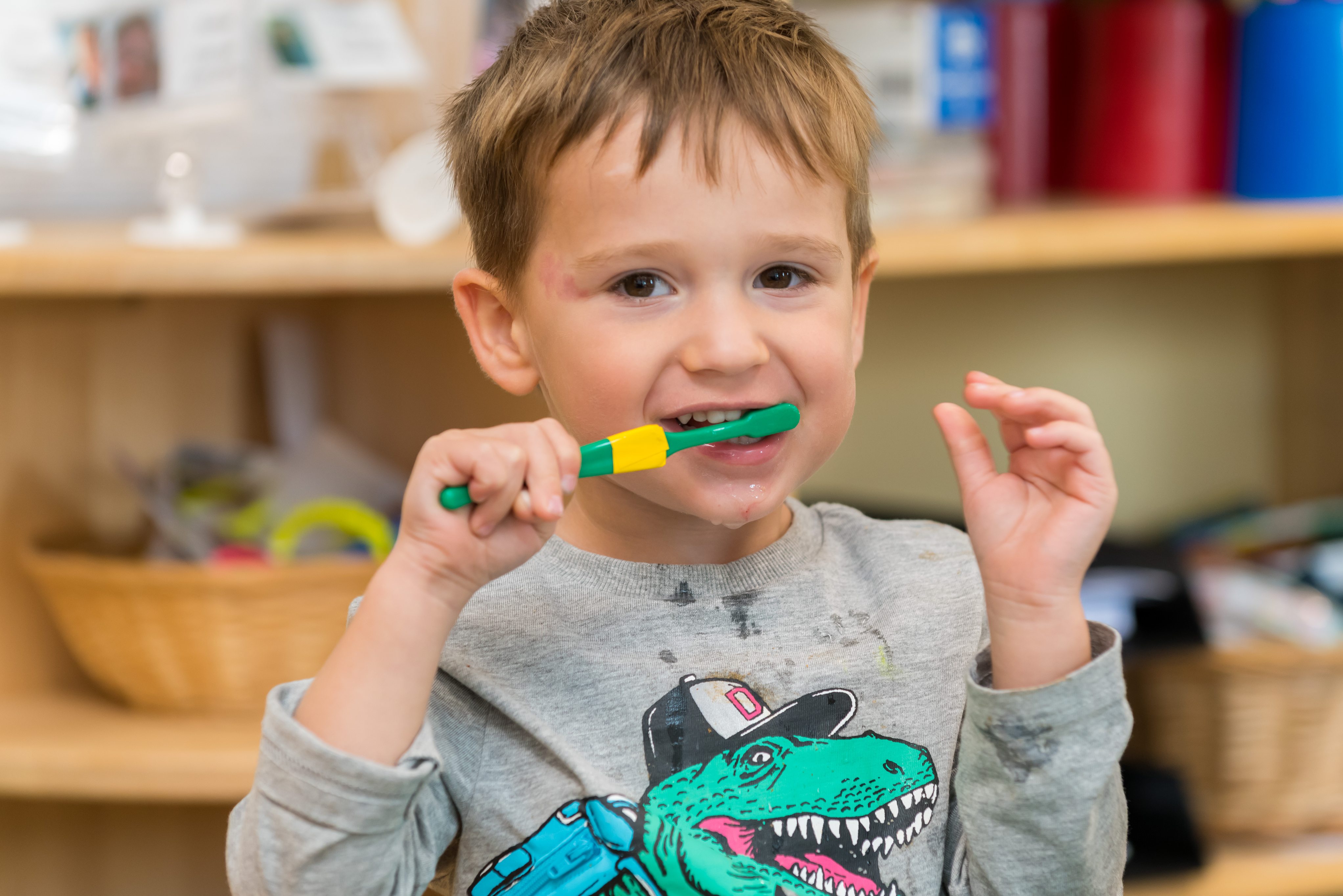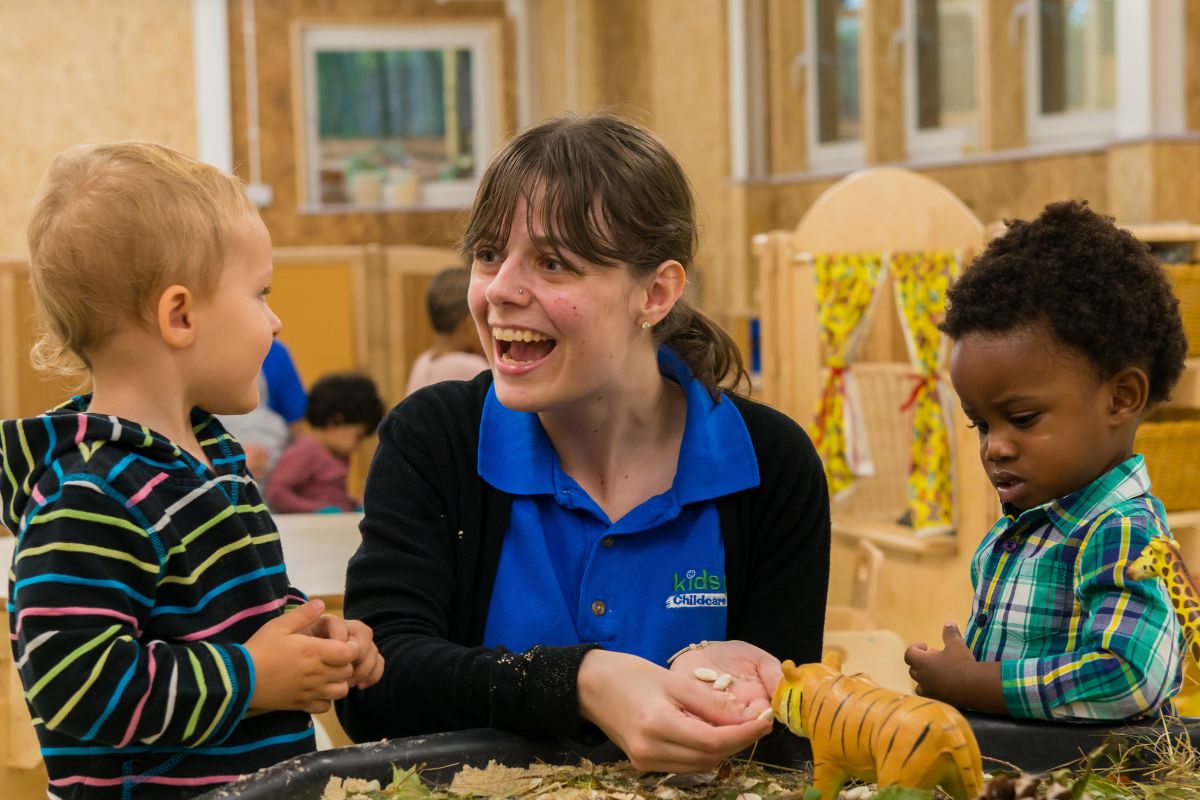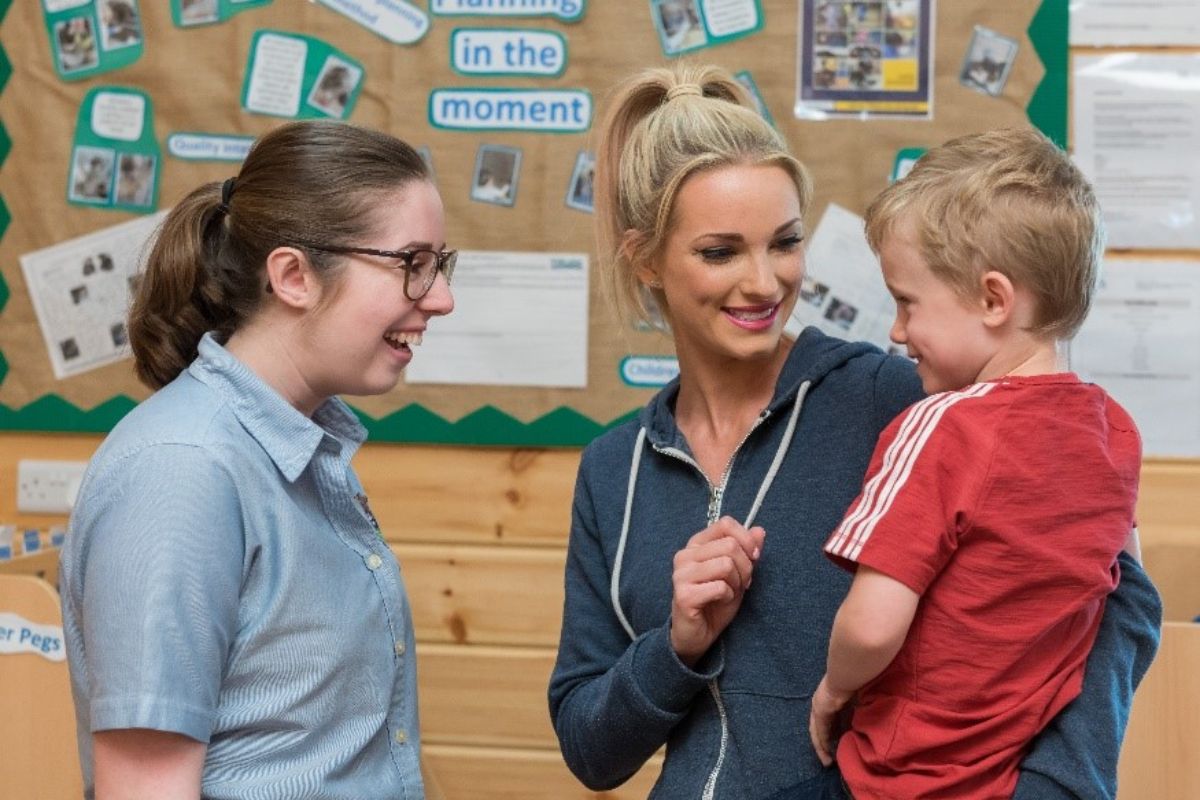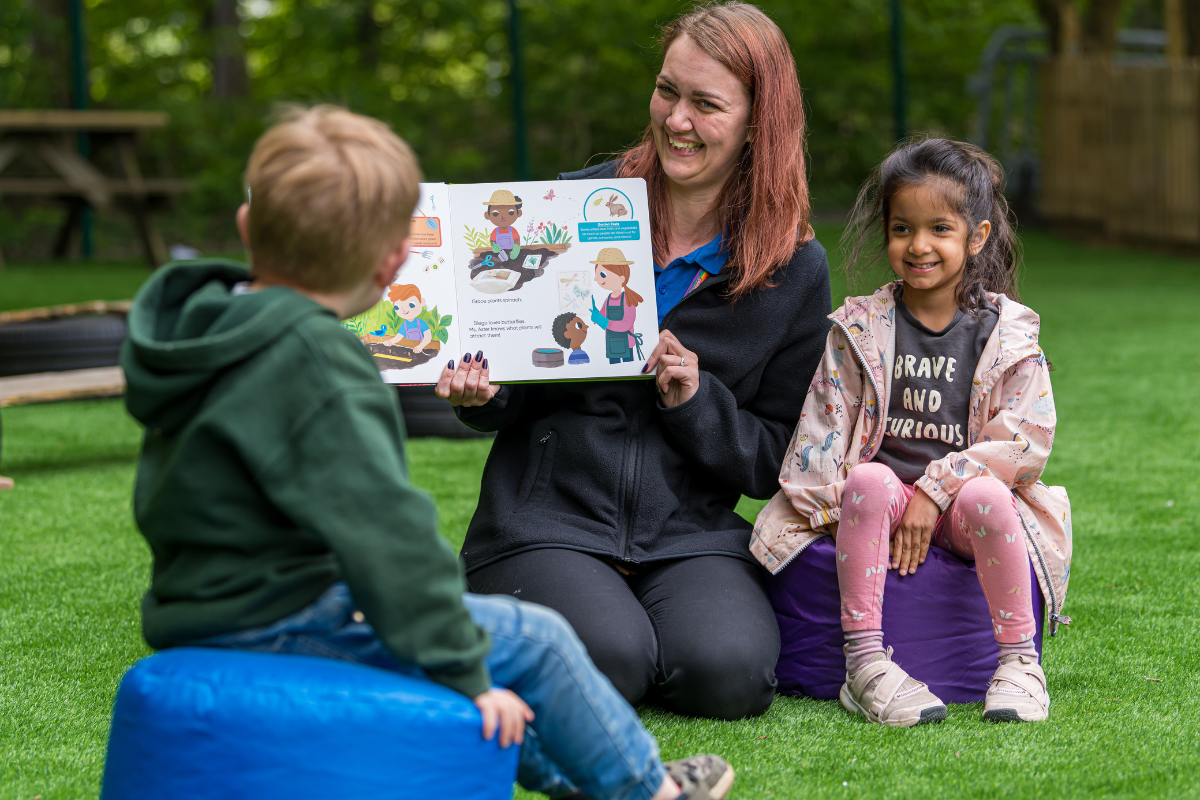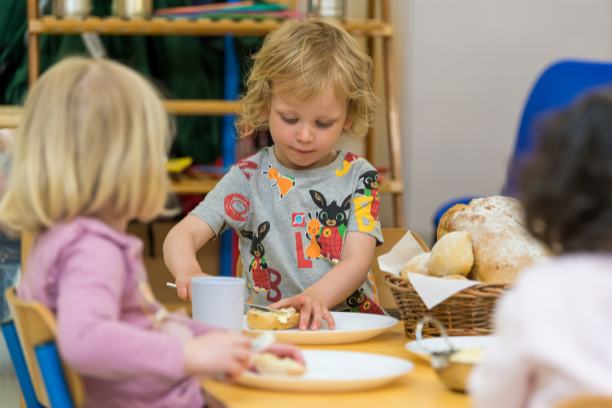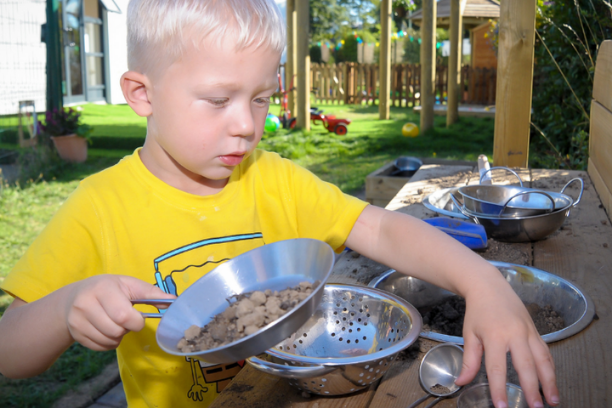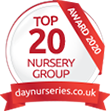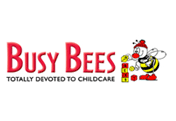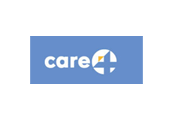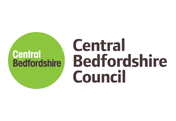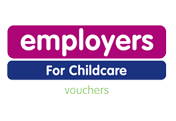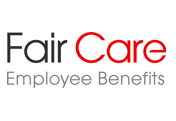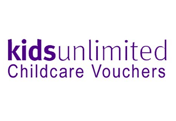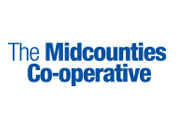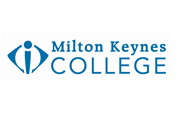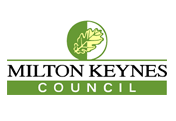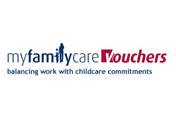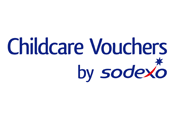Unfortunately tooth decay in milk teeth is becoming more common. The NIH (National Institute of Dental & Craniofacial Research) have revealed that 42% of children between the ages of 2 and 11 have tooth decay in their primary teeth.
This article addresses many questions asked by parents in our Day Nurseries and Pre-Schools. From ‘When should I start brushing my child’s teeth?’ and ‘How often should I brush them for?’ to ‘When should I book their first dentist appointment?’ We aim to address them all.
- When do teeth start to appear?
Did you know teeth begin to form in pregnancy and are already there when they are born, hidden in the gums. Although in most cases baby teeth do not come through until children are between 6 and 12 months old.
Most children will continue to have milk teeth come through until usually a full set is developed by the age of 3.
Children will start to lose their baby teeth around 5 and 6 years and by the ages of 12 to 14, children will generally have lost all of their baby teeth. There are 32 adult teeth, 12 more than a baby set.
The final 4 teeth are referred to as wisdom teeth and usually develop in an adults mouth between the ages of 17 – 21 years of age. It is not uncommon, however, for these teeth not to come through to very late in life.
- When should you start brushing?
Baby teeth can begin to form in pregnancy and therefore, good dental care should start before their first baby teeth even appear. To remove bacteria from their mouth, simply run a clean, damp cloth over your child’s gums twice a day.
As soon as your child’s first baby tooth appears, you should start brushing twice daily with baby toothpaste, it is important to use baby friendly toothpaste as it is specially formulated to have less fluoride. Only use a smear of toothpaste, as this should result in nothing being spat out.
Spiting during brushing is a highly debated subject. However, the NHS recommend that children 3 and over should only spit out the excess toothpaste after brushing and not rinse with water. This is to retain fluoride inside the mouth that strengthen tooth enamel to make them more resistant to decay.
- Supporting your child to brush their teeth
Children will need supervising up to the age of 9 to brush their teeth. Whilst every child 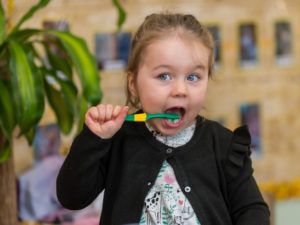 development rate varies, below is a rough guide.
development rate varies, below is a rough guide.
Until 6 you should brush your child’s teeth for 2 minutes in the morning and 2 minutes at night. You can buy special toothpaste for this age group, which has more fluoride in it, than that of baby toothpaste but less than adults.
From the ages of 6 to 8, this is where children can start to become a little more independent in their brushing. Children can start to learn to improve their technique, however, parents or carers should still be in charge. Teeth should still be cleaned for 2 minutes twice a day, with the last being before bedtime.
From the age of 9, children should be self-sufficient in cleaning their own teeth, with little supervision.
If struggling with brushing times, be sure to make tooth brushing as fun as possible (such as using timers and reward charts) and ensure you child doesn’t run around with a toothbrush in their mouth. Another fun activity when children start to brush their own teeth is to occasionally use disclosing tablets, that use a colour dye to show where plaque is visible.
- Taking your child to the dentist
The NHS recommend that a child is first taken to the dentist when their first milk teeth appear.
Try to make this a positive fun trip to avoid your child being fearful of the dentist. If you are nervous yourself about going to the dentist try not to show this or arrange for another close family member to go instead.
Many dentists give children stickers after they have been in the dentist chair to help provide a positive experience. You will be in the room with your child and some dentist may even ask that you sit in the dentistry chair with your child in your lap. Regular visits will help reinforce positive associations with your dentist.
This first dentist visit is more than forming positive associations though. During this first visit, the dentist will ensure dentine is formulating correcting on the teeth, but also advise how to prevent decay from forming.
- Healthy diets help healthy teeth
Other ways to ensure that your child keeps their teeth and mouth healthy is by their diet. Ensure to provide your child with a variety of healthy food every day and finish a meal with a healthy drink such as water. This will help to wash away any excess food on their teeth/in their mouth.
Stay away as much as possible from giving your child sugary foods/drinks such as juices, sweets and chocolate. As these types of foods can erode enamel and cause cavities.
Other types of foods/drinks which can help are milk and cheeses. Containing calcium, these foods can help to repair tooth enamel, should there be any issues.
We hope you find this article useful. It has been created by reviewing advice from the NHS and a whole host of oral specialists. You can view the sources below.
Further Reading
http://www.cyh.com/HealthTopics/HealthTopicDetailsKids.aspx?p=335&np=152&id=2903
https://www.nhs.uk/live-well/healthy-body/taking-care-of-childrens-teeth/
https://www.nidcr.nih.gov/research/data-statistics/dental-caries/children
Back to Articles
